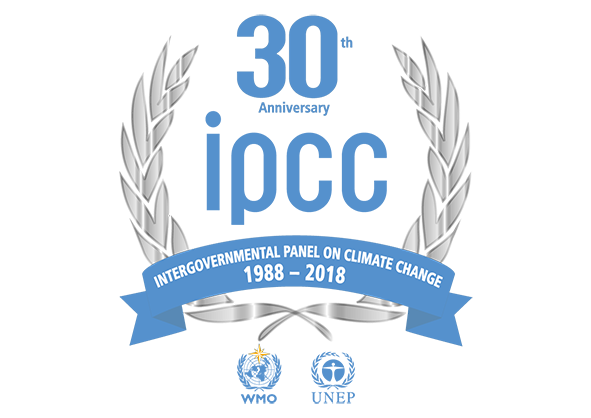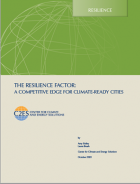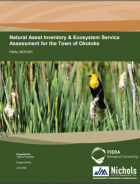Intergovernmental Panel on Climate Change (IPCC)
The Intergovernmental Panel on Climate Change (IPCC), the UN body for assessing the science related to climate change, is celebrating its 30th anniversary in 2018. This webpage contains communication materials to help raise awareness about the work, activities, and findings of the IPCC and support the efforts of stakeholders willing to organize events dedicated to the IPCC during this year of celebrations. The webpage contains materials such as factsheets, brochures, and videos.
IPCC in a Nutshell
The IPCC was established by the United Nations Environment Programme (UNEP) and the World Meteorological Organization (WMO) in 1988 to provide the world with a clear scientific view on the current state of knowledge in climate change and its potential environmental and socio-economic impacts. Since its inception the IPCC has produced five comprehensive Assessment Reports and several Special Reports on specific topics. The IPCC has also produced Methodology Reports, which provide practical guidelines on the preparation of greenhouse gas inventories for the inventory reporting requirements of Parties to the United Nations Framework Convention on Climate Change (UNFCCC).
IPCC Fifth Assessment Reports
The Fifth Assessment Report (AR5) is the most comprehensive assessment of scientific knowledge on climate change since 2007 when the Fourth Assessment Report (AR4) was released. It was released in four parts between September 2013 and November 2014.
AR5 is made up of the full reports prepared by theWorking Groups (I, II and III) and their Summaries for Policymakers as well as the Synthesis Report.
Edenhofer, O., Pichs-Madruga, R., & Sokona, Y., et al. (2014). Climate change 2014: Mitigation of climate change. Working group III contribution to the fifth assessment report of the Intergovernmental Panel on Climate Change
New York, NY: Cambridge University Press.
Climate Change 2014: Mitigation of Climate Change is the third part of the Fifth Assessment Report (AR5) of the Intergovernmental Panel on Climate Change (IPCC)—Climate Change 2013 / 2014—and was prepared by its Working Group III. The volume provides a comprehensive and transparent assessment of relevant options for mitigating climate change through limiting or preventing greenhouse gas (GHG) emissions, as well as activities that reduce their concentrations in the atmosphere.
Field, C.B. & Barros, V.R. et al. (2014). Climate change 2014: Impacts, adaptation, and vulnerability. Working group II contribution to the fifth assessment report of the Intergovernmental Panel on Climate Change. New York, NY: Cambridge University Press.
Compared to past WGII reports, the WGII AR5 assesses a substantially larger knowledge base of relevant scientific, technical, and socioeconomic literature. Increased literature has facilitated comprehensive assessment across a broader set of topics and sectors, with expanded coverage of human systems, adaptation, and the ocean. Section A characterizes observed impacts, vulnerability and exposure, and adaptive responses to date. Section B examines future risks and potential benefits. Section C considers principles for effective adaptation and the broader interactions among adaptation, mitigation, and sustainable development.
Pachauri, R.K. & Meyer, L.A. (eds.). (2014). Climate Change 2014: Synthesis Report. Contribution of Working Groups I, II and III to the Fifth Assessment Report of the Intergovernmental Panel on Climate Change. Geneva, Switzerland: Intergovernmental Panel on Climate Change.
The SYR confirms that human influence on the climate system is clear and growing, with impacts observed across all continents and oceans. Many of the observed changes since the 1950s are unprecedented over decades to millennia. The IPCC is now 95 percent certain that humans are the main cause of current global warming. In addition, the SYR finds that the more human activities disrupt the climate, the greater the risks of severe, pervasive, and irreversible impacts for people and ecosystems, and long-lasting changes in all components of the climate system. The SYR highlights that we have the means to limit climate change and its risks, with many solutions that allow for continued economic and human development. However, stabilizing temperature increase to below 2°C relative to pre-industrial levels will require an urgent and fundamental departure from business as usual. Moreover, the longer we wait to take action, the more it will cost and the greater the technological, economic, social and institutional challenges we will face
Stocker, T.F. & Qin, D. et al., (2013). Climate change 2013: The physical science basis. Working group I contribution to the fifth assessment report of the Intergovernmental Panel on Climate Change. New York, NY: Cambridge University Press.
Climate Change 2013: The Physical Science Basis” presents clear and robust conclusions in a global assessment of climate change science— not the least of which is that the science now shows with 95 percent certainty that human activity is the dominant cause of observed warming since the mid-20th century. The report confirms that warming in the climate system is unequivocal, with many of the observed changes unprecedented over decades to millennia: warming of the atmosphere and the ocean, diminishing snow and ice, rising sea levels and increasing concentrations of greenhouse gases. Each of the last three decades has been successively warmer at the Earth’s surface than any preceding decade since 1850.
Notes on the Sixth Assessment Report
The IPCC is currently in its Sixth Assessment cycle. During this cycle, the Panel will produce three Special Reports, a Methodology Report on national greenhouse gas inventories and the Sixth Assessment Report (AR6). More information on the Sixth Assessment cycle is available here.
The meeting to draft the outline of the Sixth Assessment Report (AR6) took place in Addis Ababa (Ethiopia) from 1 to 5 May 2017. The draft outlines were approved by the Panel when it met in early September 2017. The three Working Group contributions to AR6 will be finalized in 2021 and the AR6 Synthesis Report in the first half of 2022 in time for the first UNFCCC global stocktake under the Paris Agreement in 2023
Approved outlines of the Working Group contributions to the Sixth Assessment Report:
Working Group I - The Physical Science Basis
Working Group II - Impacts, Adaptation, and Vulnerability
Working Group III - Mitigation of Climate Change






